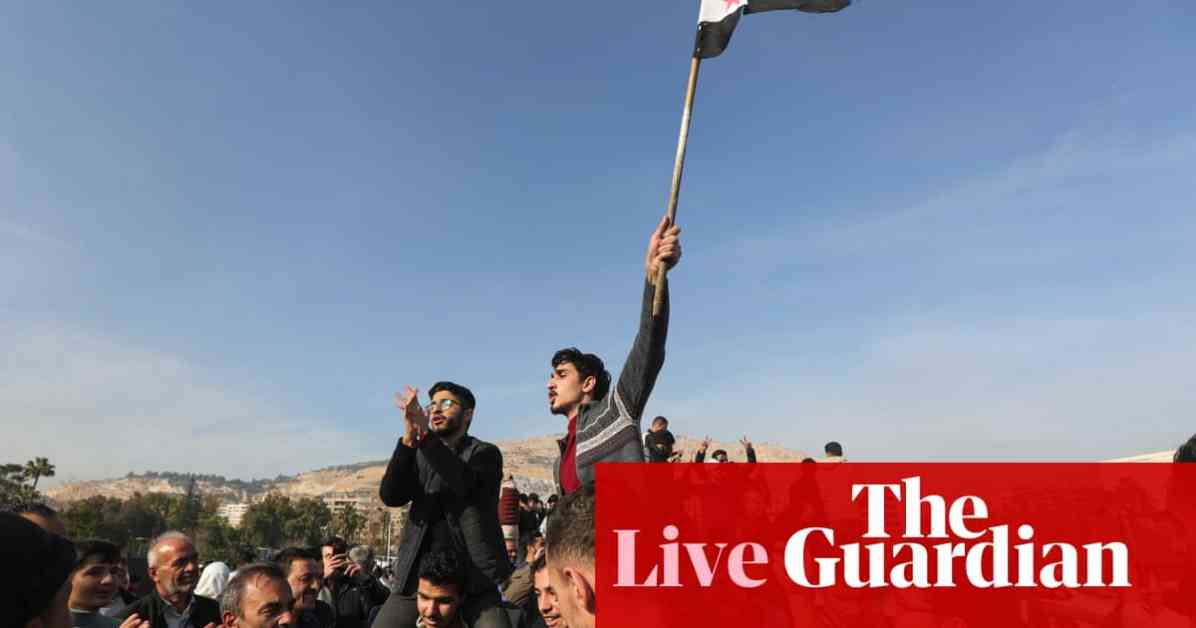Israel Denies Reports of Tanks near Damascus Amid Syrian Rebel Pursuit of Assad’s ‘War Criminals’
Israel has denied reports that its tanks have reached Qatana in Syria, close to Damascus. The denial comes as Syrian rebels pursue those they deem responsible for war crimes committed under the Assad regime. The situation in the Middle East remains tense as conflicting reports emerge regarding the presence of Israeli tanks near Damascus.
Israeli Denial of Tank Deployment
Contrary to reports from Syrian security sources, Israel has refuted claims that its tanks have advanced to Qatana, a town located 10km into Syrian territory, east of the demilitarized zone in the Israeli-occupied Golan Heights. The Israeli military has not confirmed any movement of tanks into the area, despite allegations made by various sources. The strategic location of Qatana, only 25 km southwest of Syria’s capital, has raised concerns about potential escalation in the region.
Prime Minister Netanyahu’s Statement
Israeli Prime Minister Benjamin Netanyahu has asserted that the Golan Heights will remain an integral part of Israel, emphasizing its significance in ensuring national security and sovereignty. Netanyahu’s decision to deploy troops into the buffer zone has sparked controversy and drawn attention from regional security sources and officers within the Syrian army.
Expert Insight on Israeli Airstrikes
Reports from Reuters indicate that heavy Israeli airstrikes have targeted military installations and airbases across Syria, resulting in the destruction of helicopters, jets, and Republican Guard assets near Damascus. The relentless bombardment has left the Syrian army’s assets in ruins, creating a challenging situation for the opposition forces as they seek to maintain control and facilitate a smooth transition in the war-torn country.
Humanizing the Conflict: A Reporter’s Perspective
William Christou, a journalist for The Guardian, recently gained access to Sednaya prison in Syria. His firsthand account of the prison’s grim conditions sheds light on the harrowing reality faced by detainees. Christou describes the prison as a medieval labyrinth, where prisoners are subjected to inhumane treatment in a setting designed to strip away their sense of identity. The challenges faced by individuals navigating such oppressive environments highlight the urgent need for international intervention and support for those caught in the crossfire of conflict.
In conclusion, the evolving situation in Syria underscores the complexities of the Middle East crisis, with conflicting reports, political maneuvering, and humanitarian concerns converging in a volatile region. As Israel’s actions draw international scrutiny, the plight of civilians and combatants caught in the crosshairs of conflict remains a pressing issue that demands global attention and concerted efforts towards peace and stability.












